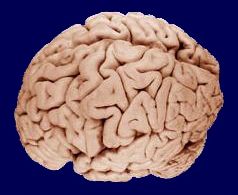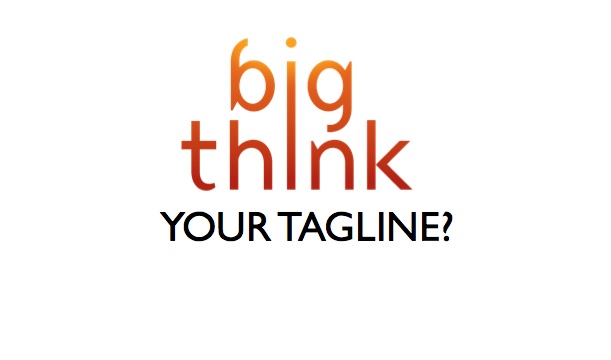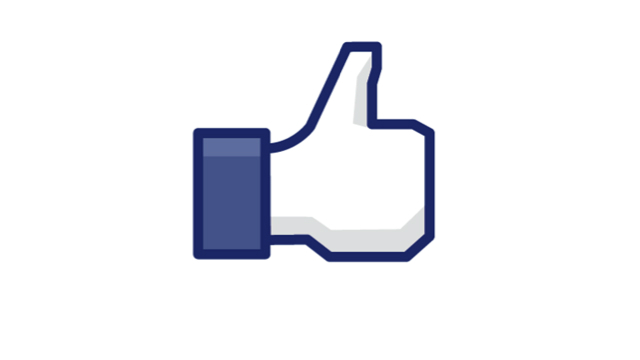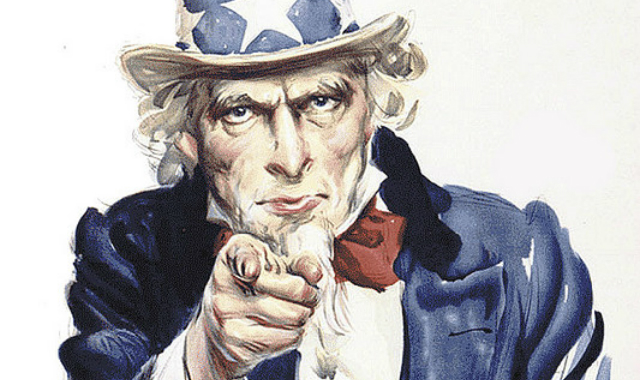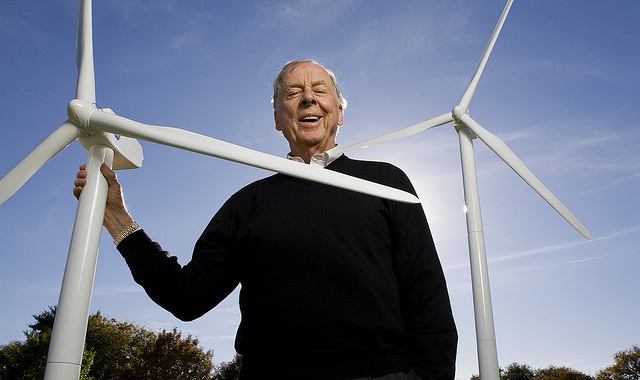bigthinkeditor

Researchers are probing the impact of social networks on kids. Early findings suggest FB use is associated with narcissistic behavior but can increase ‘viral’ empathy.
Your success in life depends on your ability to manage and cultivate a complex network of relationships that is the twenty-first century workplace.
45% of employers use social networks to research applicants. Whether you’re a god of the Twitterverse or happier with a pen in hand, your career is now linked to the digital landscape. Will reputations be made or broken on the web?
Why does anything exist at all? The idea that the universe simply appeared out of nothing is difficult enough; trying to conceive of nothingness is perhaps even harder.
Rosetta Stone CEO Tom Adams explains why most mission statements are terrible, how you can write a great one — and how to get others on board.
In a previous post, we asked you who you want to see featured on video at Big Think. The response was overwhelming to say the least. From UAW President Bob […]
Every day we have to make decisions that involve evaluating or choosing between options, often without much information to go on. So how do we prevent analysis paralysis?
Big Think is searching for a tagline and we want your help! Below you’ll find a long list of taglines suggested by Big Think’s staff and friends. You will find […]
It already appears that, for a lot of people, Google+ will become the other social network they need to use. Why? Because a significant fraction of their friends will force them to.
Click the LIKE button at the top of Big Think’s Facebook page to enter for a chance to win a nifty new Big Think t-shirt created in partnership with the Imaginary […]
Earlier today, Big Think reader Tricia Adams forwarded us an article highlighting “33 Interesting and Inspiring Academics Worth Following on Twitter,” which she thought might be of interest to you, […]
Legendary oilman and billionaire entrepreneur T. Boone Pickens will visit Big Think’s studios next week. Submit your questions for the tycoon in the comment section below. Our editorial team will […]
Carl Sagan describes the so-called “Drake Equation,” named after Frank Drake of Cornell, in the program Cosmos, episode 12 “The Encyclopaedia Galactica.” The Drake Equation is used to calculate the […]
▸
with
Rosetta Stone CEO Tom Adams explains why the best leaders embrace the future now and ask questions later.
The International Criminal Court has issued arrest warrants for Libyan leader Muammar Gaddafi and two of his confidants, citing evidence of crimes against humanity.
Opposition groups in Egypt want to postpone the September elections, fearing that the more unified Muslim Brotherhood and members of the former regime will gain too much influence.
China is tobacco’s biggest stronghold. After years of working in vain, anti-smoking activists are trying a new tack in China: using economic rather than health and morality arguments.
Yet again, Very Serious men at an international organization seem determined to justify tightening monetary policy despite a continuing deep slump. Paul Krugman finds it scary.
Think the U.S. can drill its way out of expensive gas? Think again, says The Atlantic. Derek Thompson explains what goes into the price of gasoline and why is it suddenly rising so fast.
University of Michigan scientists have demonstrated how memory circuits in the brain refine themselves in a living organism through two distinct types of competition between cells.
The title of Nathan Mhyrvold’s Modernist Cuisine, a 40 lb. compendium of food history and philosophy, is meant to evoke the radicalism of 20th-century artists like Picasso and Pound, whose motto was “make it new.”
Amid a dearth of female role models in leadership positions in Japan comes one positive move, the government is debating mandatory quotas to get more women into public office.
As they adjust to the world’s ongoing global financial difficulties, some business chiefs are moving towards ‘conditional conservatism’ in accounting. Research shows it makes sense.
Engineers increasingly end up as company heads and could learn from the experience of self-confessed introvert and former Mozilla CEO John Lilly, who learned to be a “people person.”
Nelson Lichenstein says a patriarchal ethos was written into Wal-Mart’s DNA that today helps sustain high corporate loyalty even as wages and working conditions are eroded.
Want more authority? Acting more authoritatively is one step but you must also eliminate the limiting beliefs that undermine you. For instance, the need to be loved.
Could ‘peace talks’ end the ‘climate war’? A call for a meeting of moderate minds as a means to ending the climate debate stalemate.
Scientists have found that ocean levels are rising faster than at any point in the past 2000 years and it’s due to global warming. Less land ice and warmer ocean waters will result.
There may be renewed interest in whether we can sense the Earth’s magnetic field after a finding that a light-sensitive protein in our eyes can act as a “compass” in a fly’s eye.
After resupplying the International Space Station, and laden with its trash, the pilot-less Johannes Kepler completed its mission yesterday by burning up over the Pacific.






